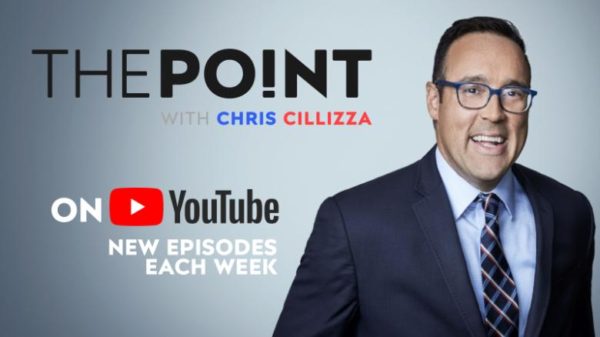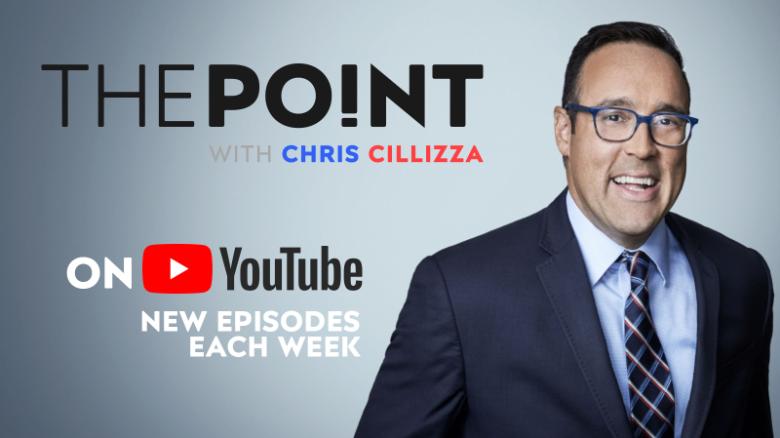And you should! Its governor, both US senators and four of its five House members are Democrats. The Democratic presidential nominee has won the state eight straight times and, as the Almanac of American Politics notes, the state has voted more Democratic than the country as a whole in each of the last four elections. In 2016, Hillary Clinton won the state by 11 points after losing the state’s Democratic presidential primary to Vermont Sen. Bernie Sanders by 14 points.
But that doesn’t mean there aren’t conservatives in Oregon. They mostly live in eastern Oregon — on the other side of the Cascades. They’re sick and tired of being part of Oregon. And they are trying to do something about it.
A group called “Move Oregon’s Border for a Greater Idaho” is organizing on getting a series of county-level initiatives on the ballot this fall that would allow eastern Oregon counties to leave the state and join — as the group’s name suggests — a new and bigger Idaho.
“Oregon is largely controlled by one party that does not represent the entire state effectively, making the urban and rural divide striking,” Sen. Herman Baertschiger, the Republican leader in the state Senate who represents Josephine County, said in an email to CNN’s Kelly Mena.
Read More
“Democrats should be paying attention to how unhappy these Oregonians are with the current regime to seek secession from Oregon. I would welcome the idea to serve on the Greater Idaho legislature!”
Let’s be clear about something before we go any further: This isn’t going to happen. To change the boundaries of a state, such a move would need to be approved by both the state legislature and Congress (It’s in the Constitution).
It’s been more than 100 years since the US boundaries have changed or expanded. And it’d hard to see the Oregon legislature, controlled by Democrats, willingly handing over counties — and representation — to its conservative neighbor to the east.
But the “Greater Idaho” effort is far from alone. In West Virginia, there is an effort in the state legislature to add several northwestern Virginia counties to the Mountain State — a moved known colloquially as “Vexit” (Pretty good, right?). The motivation is much the same as what’s behind “Greater Idaho”: Virginia has moved far to the left as the state’s population in the DC suburbs has continued to soar. Voters in parts of the state far removed from DC are significantly more conservative and are not having their views properly represented. Hence, Vexit.
“If you’re not truly happy where you are, we stand with open arms to take you from Virginia or anywhere where you may be,” West Virginia Republican Gov. Jim Justice said last month. “We stand strongly behind the Second Amendment, and we stand strongly for the unborn” (Liberty University president Jerry Falwell Jr. is also an outspoken advocate for Vexit).
The two states were, of course, once one. Following Virginia’s vote to secede from the Union in the run-up to the Civil War, West Virginians broke off — opposing the move. West Virginia was recognized as a state — the 24th state — by President Abraham Lincoln in 1863.
While these movements will not succeed — or secede — they speak to a broader truth about our current culture: There is an increasing desire to only live around/work around/be around only people who share the same political beliefs as you do.
In a 2017 Pew poll, two-thirds of self-identified Democrats said they had only a few or no friends that were Republicans. A slightly smaller 55% of Republicans said they had few or no Democratic friends. NONE. And we’ve seen in recent presidential elections that blue (Democratic) areas are getting bluer and red (Republican) areas are getting redder. We don’t even watch the same shows or get our news from anything like the same places anymore.
So is it any wonder that people now want to live in other states that are more aligned with their politics?


